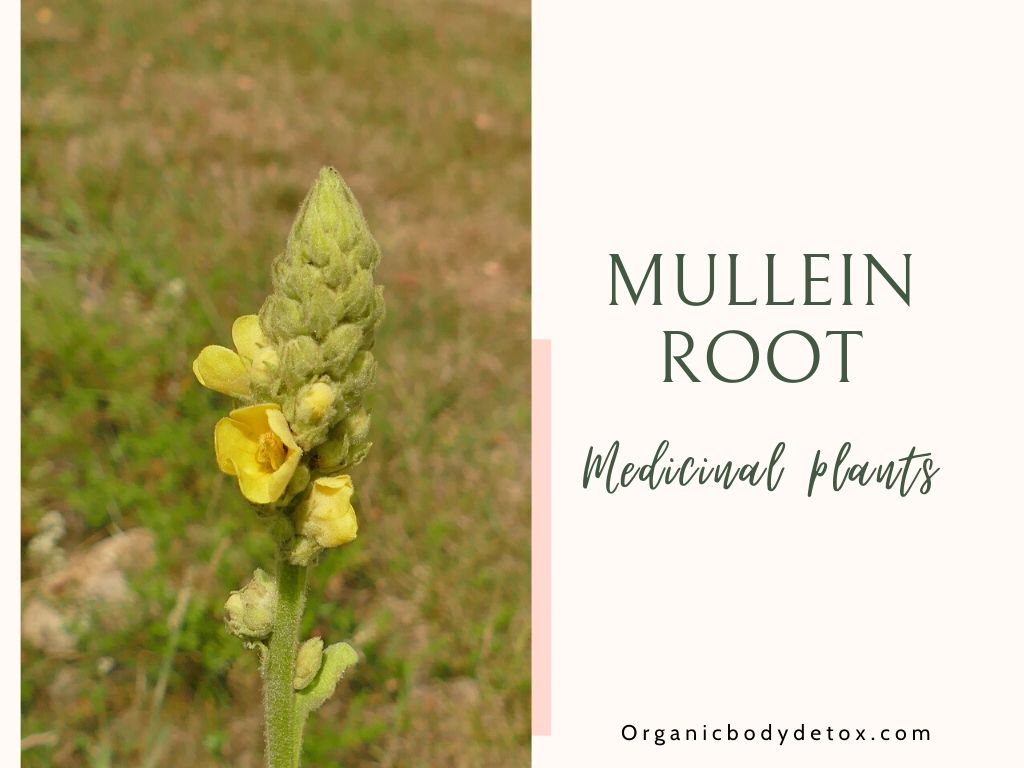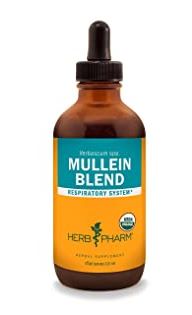What is the mullein root tincture and how can it be used?
Here’s a truth about humans. We are terrible about staying healthy. Sure, there are many things to point to. Junk food is inexpensive, delicious, and often requires little preparation compared to healthy options, and exercise can be impossible with a busy schedule. Our basic habits also don’t even start to account for a disease that ravages human populations.
Modern medicine is wonderful, there’s no denying it. But does it have an answer for everything? No.
Sometimes, it’s best to turn to nature. Many of nature’s beauties have healing properties that are extremely beneficial to humans. One of these plants, which has shown in individual studies to have huge benefits, is the Mullein root. While much remains to be learned about this plant, it’s many ways to prepare it and use it to show serious possibilities for the plant. Here’s what is known so far.

What is the mullein root?
The Mullein plant is a medicinal root found in the United States, mainly in Michigan. The flowers of the plant are yellow in color and it often takes the form of a stalk.
This plant has two other names in the botanical world: the common mullein, and the great mullein.
What’s cool about this plant is that every part, including the flowers, leaves, and of course the root, have a medicinal property that can be harvested for various benefits.
What can the mullein root do?
It’s healing properties mainly surround inflammation.
One of the most popular ways to use the mullein root is to treat bladder/urinary tract issues. Many people (both men and women) suffer from swelling in these areas or weakening of the main “walls” of the bladder.
The end result here is the same. This includes being unable to go, loss of control, and/or pain while urinating. Those who have used the mullein root tincture have reported a significant reduction in their problems.
Small doses of mullein root can also treat ear infections to a certain extent. For this process, take a q-tip, an average cotton swab, or even just your pinky and dab a little on it. Then, gently swab inside of the ear (while being careful not to go too deep).
Another thing many have used the mullein root tincture for is a body detox. Today, there are so many preservatives and chemicals in the food we eat, that many worries our body just slowly starts to fill with junk, and several medical experts seem to agree with this possibility. The tincture can be used in part, to do a detox. It will target specific areas of inflammation.
A final, heavily noted use of the root is for basic first aid involving cuts. When applied, the mullein root can reduce inflammation and swelling, and be an additional help if the wound gets infected.
With all that being said, let’s take a look at the side effects.

==> Organic Mullein Blend Extract for Respiratory System Support
What is the adverse effect of the mullein root tincture?
The first thing to think about is allergies. Many people have them. Some allergies are common and some are less common. There are common allergens found in food, in nuts or eggs for example. All allergies can be deadly.
No allergies specifically related to the mullein root have been reported but it is a flower, and a lot of people are allergic to those. Before you ingest anything involving the mullein root, be sure to do some sort of allergy. Perhaps swab a bit of the essential oil somewhere on your arm (be it on your hand, wrist, or forearm) to see if your skin reacts to it. Please do not do this on your neck. Simple swelling can become dangerous if it’s around your breathing tubes.
Another thing to note about mullein is that it can be a skin irritant. According to medical professionals, the mullein root tincture hasn’t been thoroughly tested so it is still not 100 percent certain that it won’t irritate certain skin types.

There are other things the medical community has not done much research on. These include:
- Toxicology. While we do notice that the plant itself is unharmful and that ingesting it won’t produce sudden painful death, the medical community doesn’t know much else. The long-term effects on the body haven’t been tested. Different preparation methods are also untested. Professionals aren’t sure if preparing it a different way could bring a poisonous element to the surface.
- Pregnancy. Doctors also aren’t sure how this would affect a fetus in the womb. Certain liquids, like caffeine and alcohol, have been proven to be harmful, but the mullein hasn’t seen any testing to confirm or deny a risk.
- Side effects. Doctors can (and will) list all of the potential risks for an herb or product. But in most cases, the evidence is circumstantially based on similar products. The doctor might give you a list that you will see with other things, like lavender, roses, rosemary, etc. The reason behind all this is that while these flowers have been researched, and it is reasonable to conclude that many of the risks are similar, they don’t know for sure.
Let’s take a look at what the medical community has to say about the mullein root overall.
A medical opinion regarding mullein
When considering the opinion of the medical community, it is important to note a few things. The first is that the medical community is science-based. In order for them to declare research at all, it must be tested many times before they declare any concrete findings.
Therefore, there are no concrete findings to speak of when it comes to the mullein root tincture.
As discussed earlier, there are many risks that the mullein plant MIGHT have. This is all based on the research of plants that have some similar properties.
Because there are allergens associated with plants in the same botanical family as the mullein, it is given an allergen warning. This continues to be true for warnings about toxicology. Is it similar to lavender, or poison ivy?
The same is true for pregnancy. Does it pose any toxins that could harm a fetus? The medical community isn’t sure.
While the uncertainty motivates action for some products, despite extensive research, no studies currently being conducted on the mullein root were found. This means it could be a long time before the medical community decides it time to answer the questions.
With this being said, even with extensive research, there are no documented cases to be found where the mullein root caused an allergic reaction, poisoned someone, or caused serious harm to a fetus or the mother during pregnancy.
The summary of the medical community can be summed up by the phrasing of WebMD which lists it as “possibly safe”.
So, what does this all tell us?
Overall, there are a lot of questions about the mullein root that only the research of doctors can tell us, and it looks like they aren’t willing to look into it any time soon. Therefore, the medical community has given it the term, “possibly safe”.
There are reported cases where someone’s illness, injury, or death was directly attributed to the mullein root.
What has been attributed to the mullein root is infectious and inflammatory healing. This includes bladder problems, ear infections, and basic first aid.
There are plenty of herbal solutions out there, and it’s up to you to discover what ones are best for the ailments in your life. Individual research gives the mullein root a good reputation and if you think it can help you, go and try it out.
